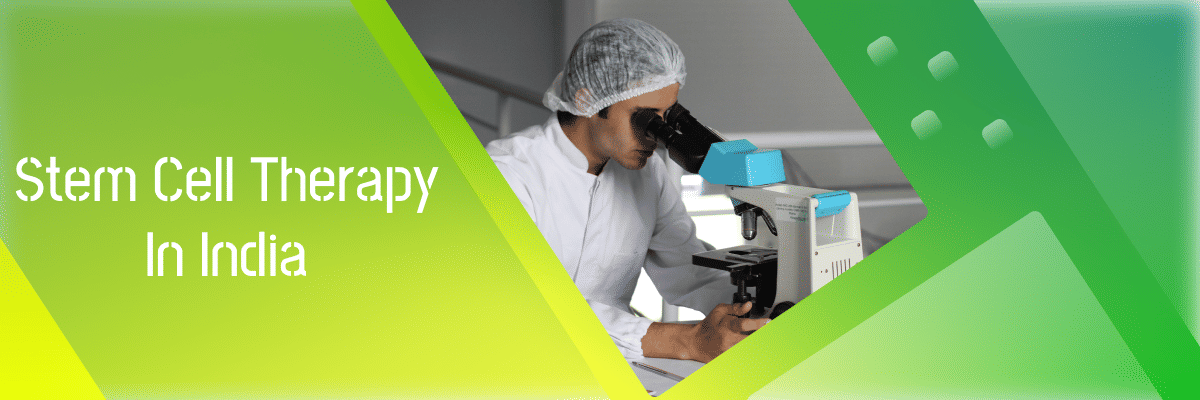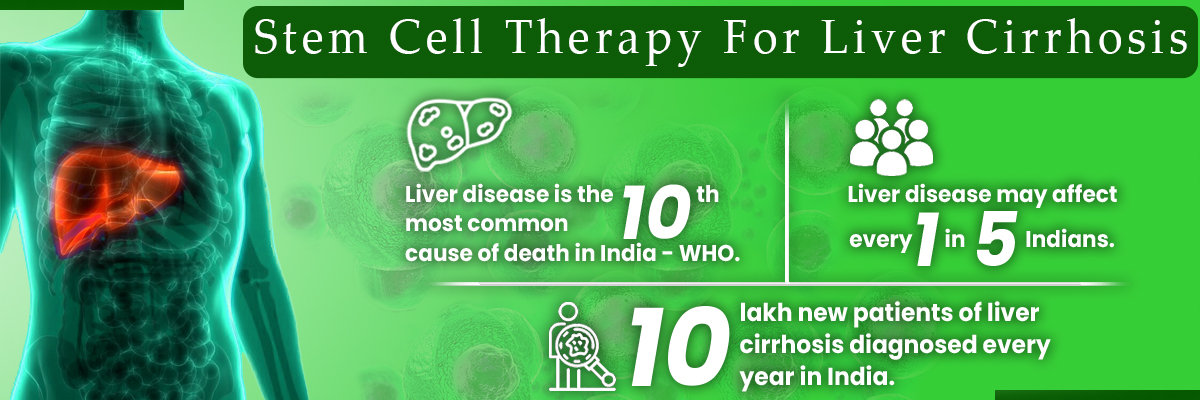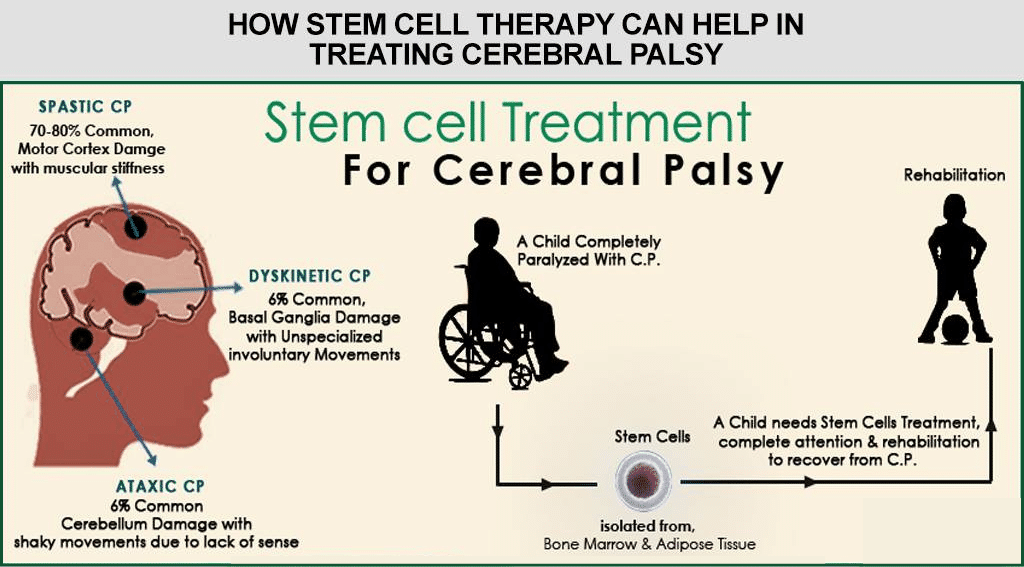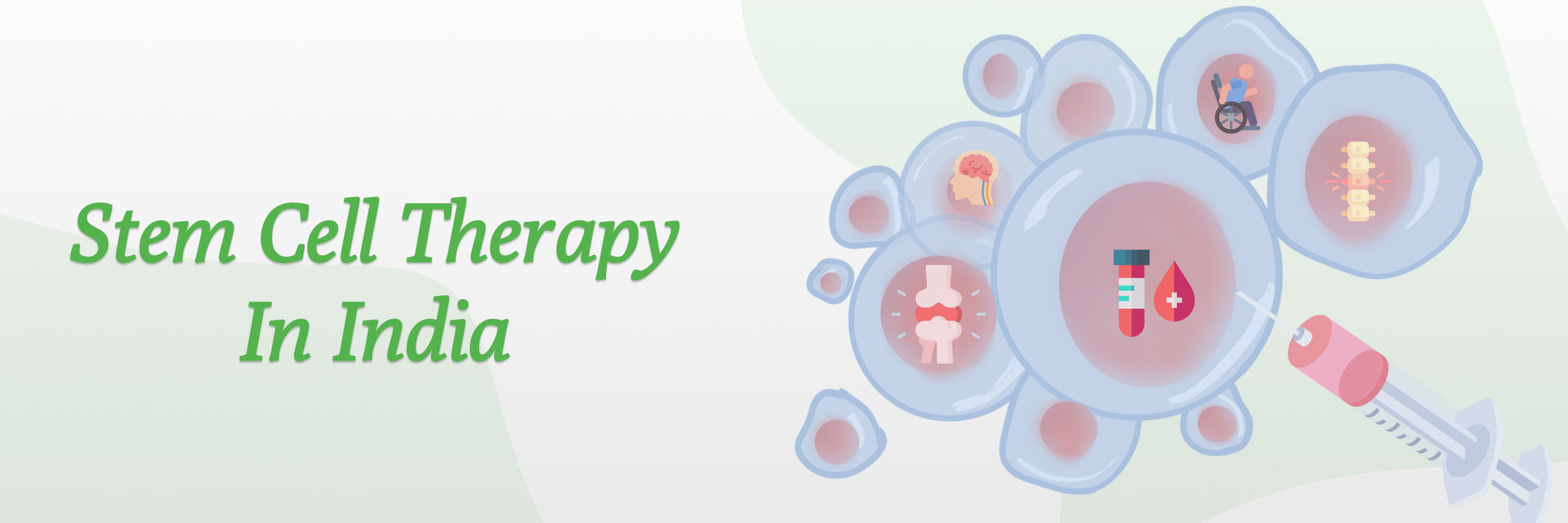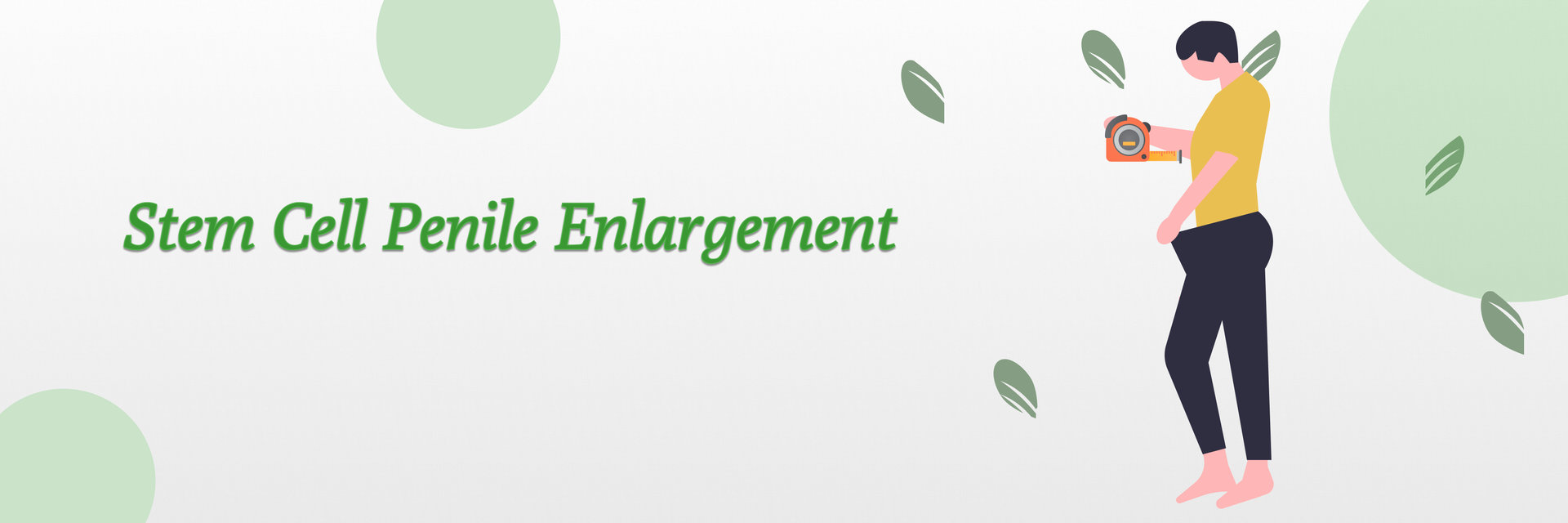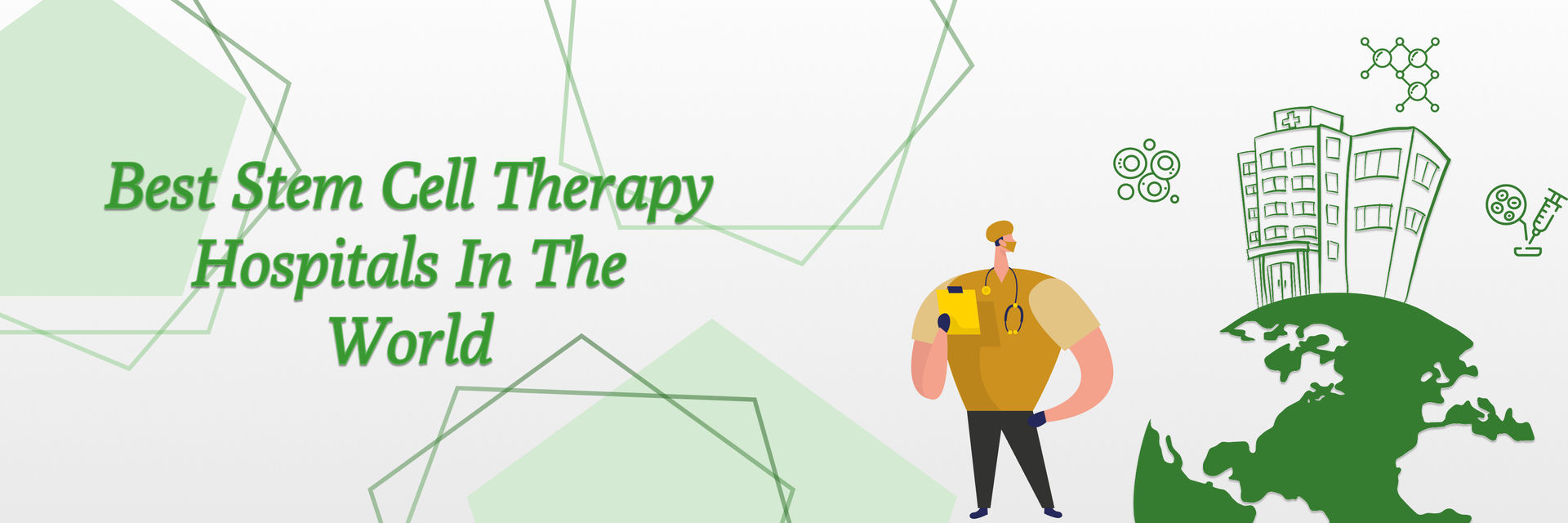Hematopoietic stem cell transplantation is a medical procedure that has progressed to being one of the most sought-after therapies.
The Center for International Blood and Marrow Transplant Research (CIBMTR) reported over 8,000 allogeneic transplants globally. But what's interesting is that a higher number of autologous transplants are reported. And the number keeps growing every year. A report from Haematologica showed 11,655 transplants per 10 million people.
So, let's understand this phenomenon, where your cells are the saviours.
Autologous stem cell transplants use your stem cells to fix or replace damaged blood cells. It's often used for conditions like:
- Hodgkin Lymphoma: When other treatments don't work or when the disease returns.
- Non-Hodgkin Lymphoma: Especially for certain types when the disease is aggressive or returns.
- Leukaemia: Chronic lymphocytic leukemia and chronic myeloid leukaemia, in specific cases.
A significant advantage is that since it uses your cells, the risk of rejection is very low.
Understanding the specific criteria for AHSCT is crucial, as it's not a one-size-fits-all solution. Let's delve into the patient profiles that typically qualify for this treatment.
Who Can Benefit from Autologous Hematopoietic Stem Cell Transplantation?
Autologous stem cell transplantation is suitable for people with certain blood diseases, like lymphoma, multiple myeloma, and certain types of leukaemia. The idea is to use your cells, which avoids rejection. This is useful when you can't find a suitable donor.
Check with your doctor if you can receive the transplant.
Take charge of your health and reach out today for free consultation!
How Does the Procedure of Autologous Hematopoietic Stem Cell Transplantation Work?
The procedure involves the following steps:
It involves the following steps:
- Stem Cell Collection: Your stem cells are taken from your blood and harvested
- Pre-Transplant Prep: After collecting stem cells, your body is prepared with strong chemotherapy and sometimes radiation. This clears out problem cells and makes room for new ones.
- Transplantation: Once preparation is complete, healthy stem cells are returned to your body through an IV. These cells start rebuilding your blood and immune system.
The main idea here is to use your cells, reducing the risk of rejection because they're a perfect match. This is especially useful when finding a donor is challenging.
Let's explore what medical conditions this treatment is commonly used for.
What Medical Conditions Are Treated with Autologous Hematopoietic Stem Cell Transplantation?
This procedure helps with several conditions:
- Multiple Myeloma: A type of bone marrow cancer.
- Hodgkin Lymphoma: A lymph node cancer.
- Non-Hodgkin Lymphoma: Different lymph system cancers.
- Certain Leukemias: Like chronic lymphocytic leukaemia and chronic myeloid leukaemia in specific cases.
- Autoimmune Diseases: Sometimes used for conditions like MS and systemic sclerosis to reset the immune system.
A survey for reported a 58% rate of autologous stem cell transplants being done. Most of these transplants were for lymphoid malignancies like plasma cell disorders, non-Hodgkin’s lymphoma, and Hodgkin’s disease.
Don't delay; schedule an appointment today for consultation.
What Happens During the Autologous Hematopoietic Stem Cell Transplantation Procedure?
- Stem Cell Collection: Stem cells are taken from your blood, which are then harvested.
- Pre-Transplant Prep: After collecting stem cells, you get strong chemotherapy and sometimes radiation in a conditioning regimen. This clears out problem cells and makes room for new ones. This causes side effects like nausea, fatigue and increased infection risk.
- Transplantation: Once prep is done, they return your healthy stem cells through an IV. These cells start rebuilding your blood and immune system.
Moving beyond the immediate post-transplant period, there are long-term considerations as well. What potential long-term complications should patients be aware of following an autologous HSCT? Understanding these risks is crucial for long-term care and managemen.
What Are the Potential Risks and Complications of Autologous Hematopoietic Stem Cell Transplantation?
While AHSCT can be a valuable therapeutic option for certain conditions, the following are potential risks and complications associated with the procedure:
- Infection: Your immune system weakens, making you more vulnerable to infections.
- Graft Failure: Sometimes, stem cells can't rebuild your blood. And immune system as well.
- Organ Damage: Strong chemotherapy or radiation can harm your liver, lungs, or kidneys.
- Graft-versus-Host Disease (GVHD): It's less common. Happens when new cells attack your healthy tissues.
- Bleeding: Low platelet levels can cause bleeding issues after the transplant.
- Anaemia: Fewer red blood cells may lead to tiredness and weakness.
- Nausea and Vomiting: High-dose chemotherapy often triggers these side effects.
- Pain: You may experience discomfort, especially after the transplant.
- Secondary Cancers: Rarely, this treatment might increase the risk of other cancers later.
- Long-Term Effects: Can effect your fertility
What Is the Recovery Process Like After Autologous Hematopoietic Stem Cell Transplantation?
The recovery journey post-autologous hematopoietic stem cell transplant (HSCT) is a significant one, especially for those dealing with complex conditions like multiple myeloma and lymphoma.
- Neutropenic Phase: Right after the transplant, you're in the Neutropenic phase – a period where your white blood cell count takes a dip. It's like the body hits pause on the immune system, making infection prevention a top priority.
- Engraftment Milestone: A big moment in recovery is the engraftment phase. This is when the transplanted stem cells step up their game, and start the production of new blood cells.
- Handling Side Effects: Along the way, you might face some side effects, like tussles with your stomach and unexpected skin issues.
- Take It Slow: Your blood counts are making a comeback, but it's a slow dance back to normalcy. Patience is the name of the game during this phase that can span several months.
- Regular Check-Ups: Post-transplant, regular check-ups and blood tests become the norm. It's all about keeping a close eye on things, catching potential complications early, and ensuring a comprehensive post-transplant care plan.
- Immune System Reboot: Even when your blood counts are on the rise, your immune system needs a bit of time to fully get back to normal.
- Long-Term Recovery: Recovery continues for quite some time, well beyond a year. It's about addressing any lingering effects, fine-tuning overall health, and making sure you're on the path to long-term well-being.
Understanding the success rate of autologous hematopoietic stem cell transplantation is important. Let's explore the factors that influence these rates, including disease specifics and patient health, to get a clearer picture.
What Is the Success Rate of Autologous Hematopoietic Stem Cell Transplantation?
Success of Stem Cell Transplant: How well the stem cell transplant works depends on your severity of your disease. It works well for some illnesses like multiple myeloma and certain lymphomas.
The success rate of AHSC is quite promising, with a study showing an overall survival rate of 86% after a median follow-up period of 104 months.
Several observational and clinical trials have been conducted of patients with NHL and HL. The 5-year survival after transplant in these patients is approximately 50%–60%.
Take the first step toward recovery by getting in touch with us!
Are There Alternative Treatments to Autologous Hematopoietic Stem Cell Transplantation?
Autologous Hematopoietic Stem Cell Transplantation (AHSCT) is a standard treatment for certain disorders, but alternative options exist depending on individual factors. It's crucial to discuss these alternatives with a healthcare professional.
- Allogeneic Stem Cell Transplantation: Uses donor cells; higher risk of graft-versus-host disease.
- Biological Therapies: Involves monoclonal antibodies or targeted drugs to modulate the immune response.
- Immunosuppressive Medications: Includes corticosteroids to control symptoms and suppress abnormal immune responses.
- Disease-Modifying Anti-Rheumatic Drugs (DMARDs): Medications like methotrexate to slow autoimmune disease progression.
- Clinical Trials: Participation in trials exploring new therapies and experimental treatments.
Ultimately, the choice depends on discussions with healthcare providers, considering risks, benefits, and individual circumstances.
References:
https://pubmed.ncbi.nlm.nih.gov/30725636/#:~:text
https://my.clevelandclinic.org/health/treatments/22170-autologous-stem-cell-transplant
https://www.cancer.gov/about-cancer/treatment/types/stem-cell-transplant
